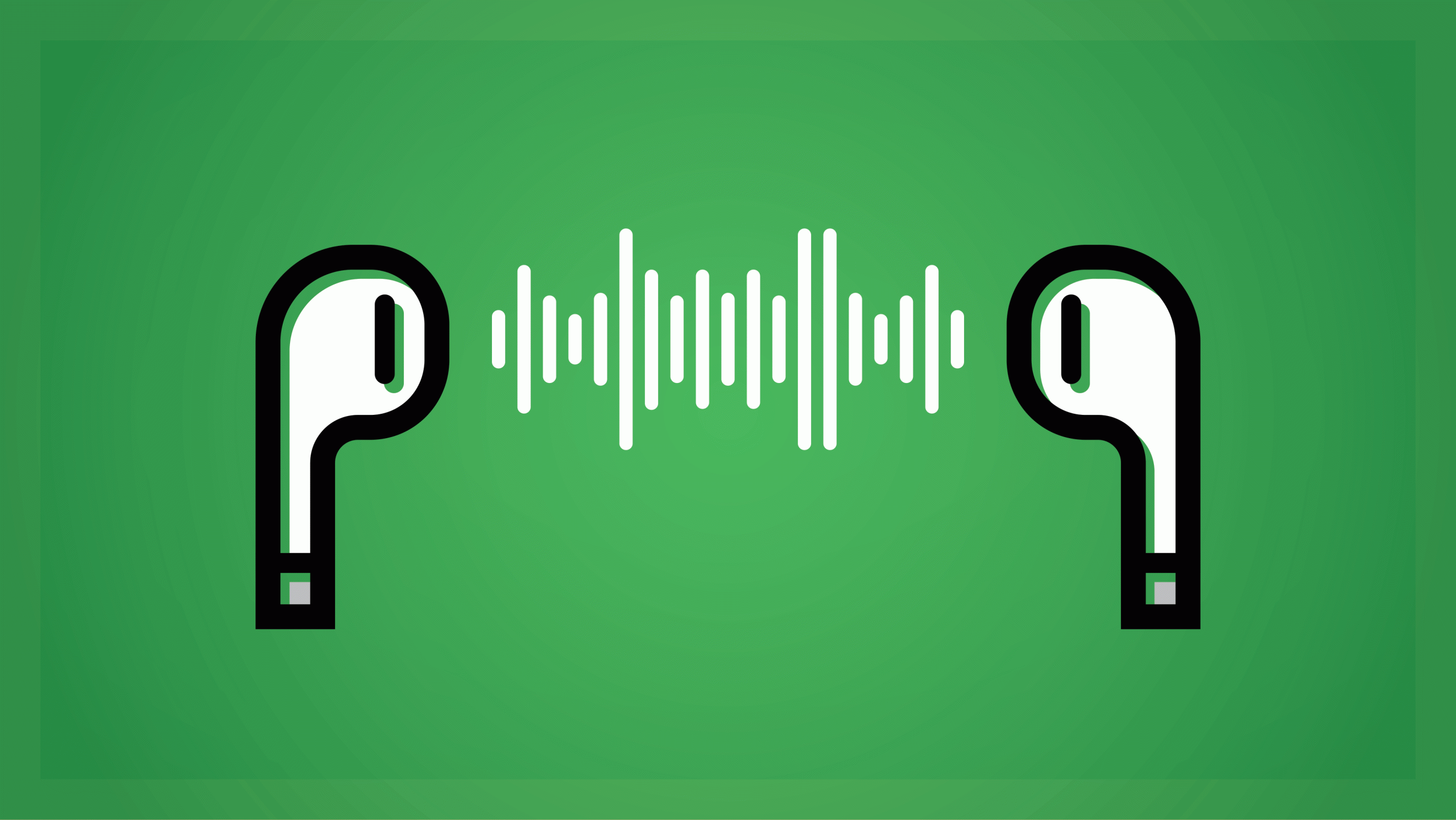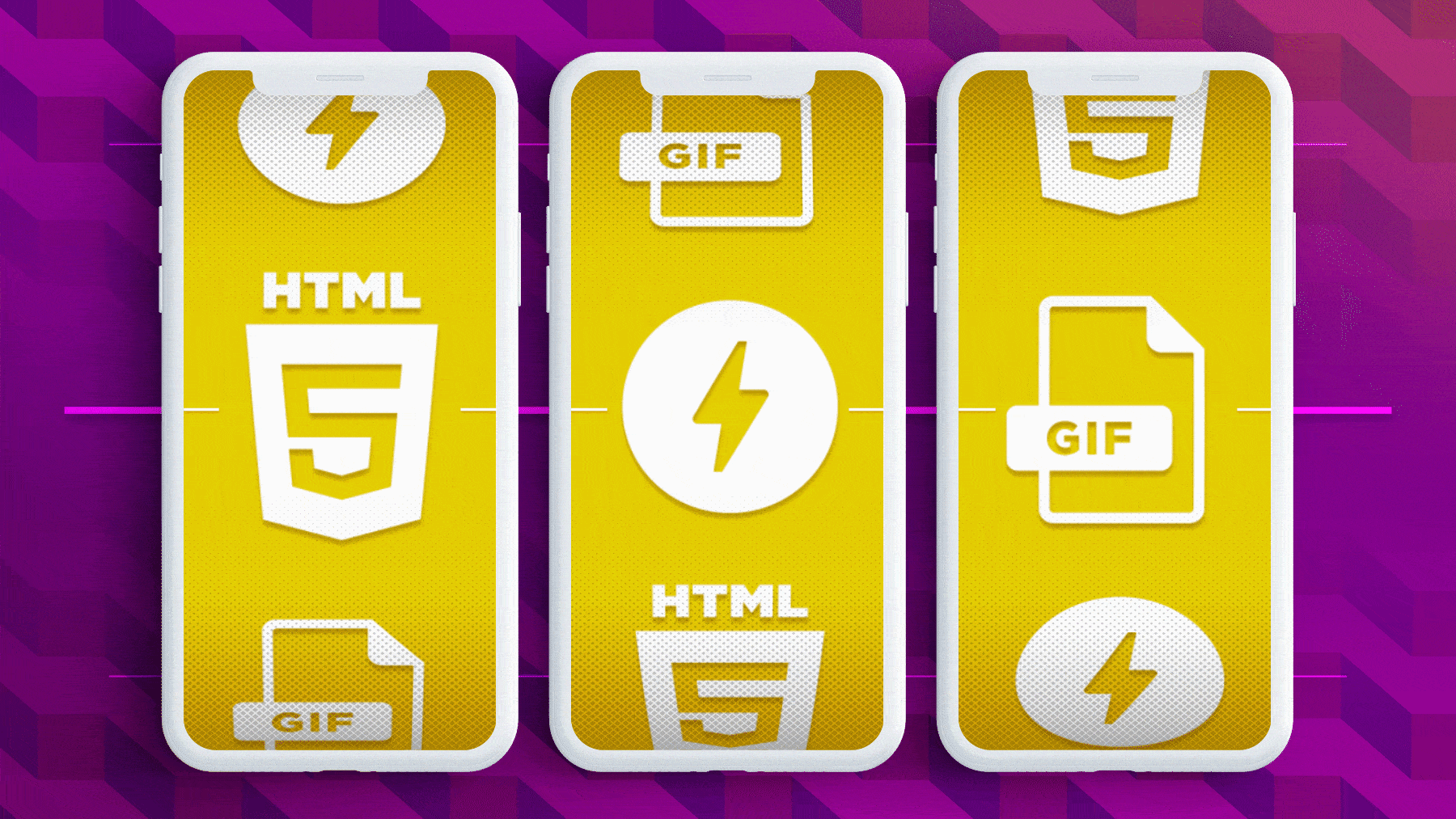Copywriting for ads isn’t like other writing. That sounds obvious, but it’s worth repeating. And remembering. For agency writers who used to write fiction, news stories, magazine articles or research papers, old habits cling like staticky clothes.
If you take the time — and you probably should if you’re in this business — to research your craft, you’ll notice one recurring axiom: good copy is concise.
Let’s consider two writing samples.
- It was as if that great rush of anger had washed me clean, emptied me of hope, and, gazing up at the dark sky spangled with its signs and stars, for the first time, the first, I laid my heart open to the benign indifference of the universe.
This beautifully crafted sentence comes from “The Stranger,” written by Albert Camus and translated by Stuart Gilbert. It contains 48 words, six commas and a single period. Reading it is like taking a stroll through the park, briefly pausing to admire a crystalline lake or the glowing sunset.
- You. At a glance. Get the motivation you need to stay active and healthy. Express your personal style in a whole new way. From the way it works to the way it looks, Apple Watch isn’t just something you wear. It’s an essential part of who you are.
From Apple’s website, these 48 words are punctuated with five periods and only one comma. The cadence produces a notably different sensation — one with purpose and a bit of urgency. We’re still in the park, but we’re briskly cutting across the lawn toward the restroom.
People read fiction to get away from the real world; people who read ads are smack-dab in the middle of it. They need to solve a problem: I’m hungry; my cell phone service sucks; I’m looking for a mechanic who won’t screw me over; I want some abs and a bubble butt.
Sometimes these needs possess the urgency of a bathroom break. People want the shortest possible route to a solution. Thus, concise copy serves advertising well.
Sentences with 48 words are far too long — and dangerous for copywriters. In the business of snapping customers to attention, building up to a product’s “big benefit” would take an eternity at this rate. Many copywriters have expired trying. They have been found hunched over their keyboards, cold and lifeless.
In the interest of saving lives, I present two simple ways to write with concision.
Take a close look at the words you’re using, and trim the fat accordingly. Ditch unnecessary prepositions (“all of the”), redundant words (“service and support”), weasel words (“we can offer”) and excess parallel constructions (“products and services that save time and money by implementing emerging and traditional networking”).
Include more short sentences because they’re easier to read. The American Press Institute sampled 410 newspapers and showed that reading comprehension starts to drop for sentences longer than 14 words. (The sentence you just read contains 21 words.) Remember that you’re writing for a seventh-grade reading level. That fact isn’t meant to diminish readers’ intelligence. It’s meant to keep your writing comprehensible.
Nobody relaxes on the patio with an auto repair brochure and a glass of lemonade. Advertising copy doesn’t have the luxury of time like a good book does, so it needs to work fast and efficiently. To put it another way: Building suspense is good for a ghost story, but when you’re making a sale, write concisely or else …
… you’ll die.
Actually, you probably won’t. But you’ll kill your sales copy. Congratulations — now you’re a copykiller.


